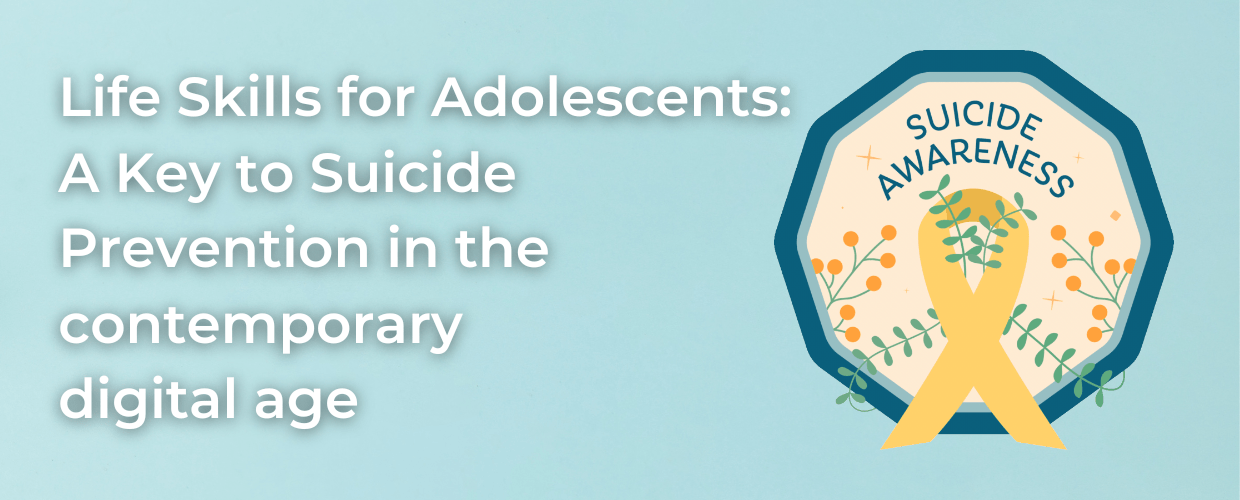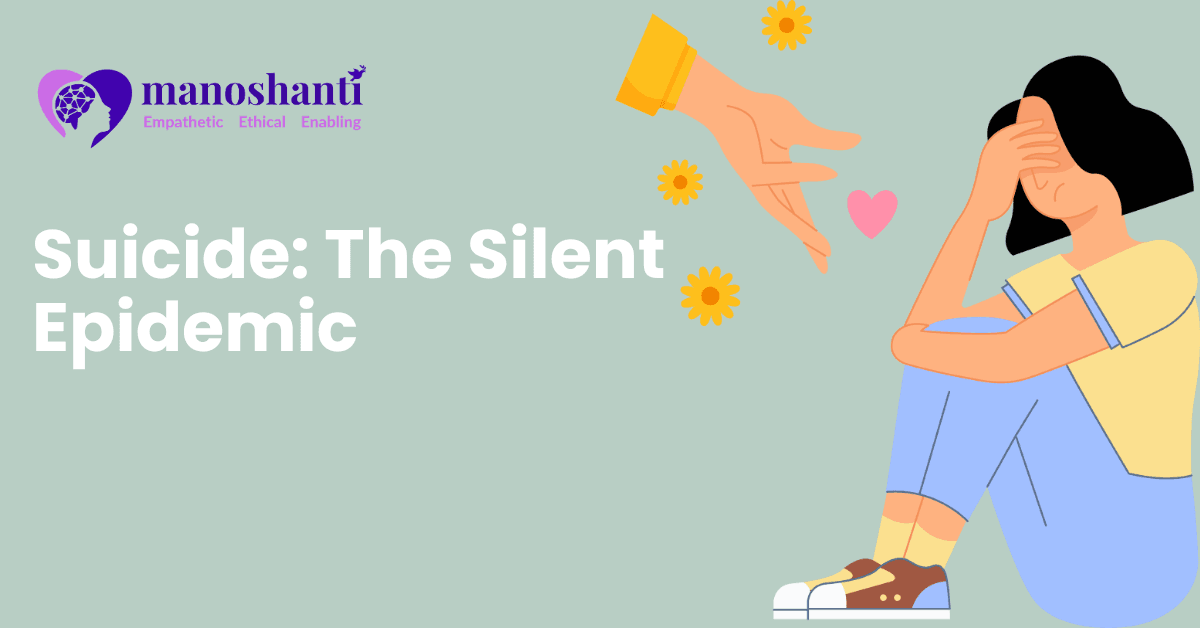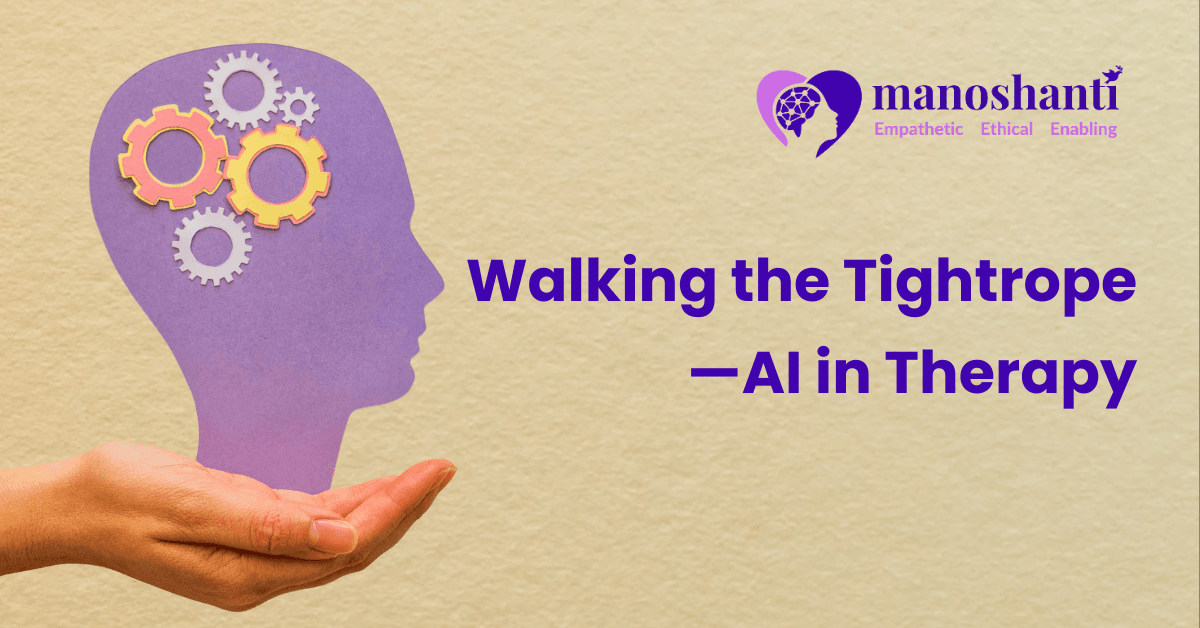On World Suicide Prevention Day, we are reminded of the importance of protecting vulnerable groups, especially adolescents. Suicide is the number one cause of death in this age group. Adolescents today face many challenges due to the digital age we live in. Primordial suicide prevention—(addressing root causes before issues emerge)—can have a long-term impact. One of the best ways to achieve this is by teaching adolescents essential life skills that help them manage stress, make informed decisions, and build resilience. Todays education curriculum in rushing to teach children AI and coding to keep with the times. However, we forget to teach them basic essential life skills.
Why Life Skills Matter for Suicide Prevention
Adolescence is a time of intense emotional and social development. Many face mental health challenges made worse by social media pressures and academic stress. To protect against emotional distress and suicidal thoughts, it’s essential to equip adolescents with life skills in the contemporary digital age.
Life Skills for Adolescents in the Contemporary digital Age of AI and Social Media
1. Emotional Intelligence (EQ)
Adolescents must learn to recognize and manage emotions. High EQ enables them to build relationships, handle setbacks, and make thoughtful decisions, all while navigating the growing influence of AI in daily life.
2. Digital Literacy
Being digitally literate is crucial. Adolescents need to evaluate online content, manage their digital footprints, and avoid comparing themselves to unrealistic standards on social media, protect themselves from cyber bullying.
3. Self-Regulation and Time Management
With endless digital distractions, self-discipline is key. Adolescents must balance online activities with real-life responsibilities to avoid the negative impacts of social isolation and sleep deprivation.
4. Critical Thinking and Problem-Solving
In the digital age where information is readily available, critical thinking and problem-solving skills help adolescents question the world around them and make informed, healthy decisions.
5. Resilience and Stress Management
Life is full of setbacks, and resilience is essential for coping. Adolescents should learn stress management techniques like mindfulness. Ensuring a supportive and trusting environment is equally important. Interpersonal Skills and Empathy
Despite the prevalence of digital interactions, meaningful face-to-face communication remains crucial. Adolescents need strong interpersonal skills and empathy to foster real connections, reducing feelings of isolation.
6. Self-Awareness and Identity Formation
Adolescents are forming their identities, often in the shadow of social media. Developing self-awareness helps them build a sense of self that isn’t dependent on external validation.
Creating a Supportive Environment
While teaching these skills is critical, adolescents also need supportive environments—at home, in school, and in the community—where they can express emotions and seek help without stigma. Suicide is preventable, and the most effective prevention starts early by empowering adolescents with the skills to manage life and its complexities.
By investing in life skills, we not only safeguard adolescents from mental health crises but also prepare them to thrive in the contemporary digital age.
Since 2020, an important social initiative of manoshanti has been to conduct life skills workshops for adolescents and training mental health professionals and teachers to become life skills facilitators. The program has reached over 10,000 students across, 30 cities in India, Nepal and Maldives and has trained over 300 faciltators.
“Drop by drop even the widest ocean can be filled”





